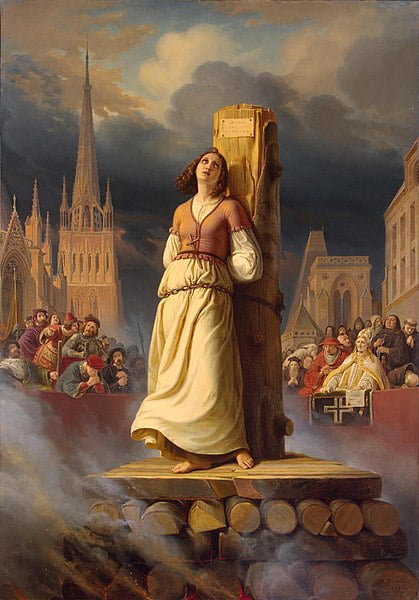Theocratic Society

Crime and Punishment
Author Keith Baker
Series Campaign Style
Publisher Atlas Games
Publish date 2003
The effect of alignment on the shape of society has already been discussed. Most of these ideas carry over into theocratic societies – with the exception that theocracies have a tendency to be more zealous in their beliefs.
The citizens of a theocracy are more likely to share the alignment of their power center than those of a secular society – at least, assuming that the religion is a popular one, as opposed to being the church of an oppressive minority. This can have a few specific effects:
Good and Evil – Good and evil are serious concepts in a theocratic society, and their influence is usually far more visible than in a purely secular nation. On a small scale, good citizens may believe that they have a duty to help their neighbors, to be generous to those in need, and so on. A good theocracy can be a very pleasant place to live, if the citizens truly live up to these ideals. The down side is that theocracies can easily fall into crusader zeal. A good theocracy may feel obliged to spread the benevolent rule of its gods across the land (regardless of the wishes of those to be ruled), while an evil nation might believe that it has a divine right to take all that it can seize.
Lawful – Lawful citizens are more likely to follow the rules of society than their secular counterparts. After all, this is the will of the gods, not some king’s crazy idea! Break the law and you could be looking at eternal damnation. A lawful evil theocracy may still be riddled with graft and corruption, or it may be an extremely organized society dedicated to the evil goals of its patron gods.
Chaotic – A citizen of a chaotic theocracy will be dedicated to the traditions of her gods, but she may feel that she is just as well suited to interpret the laws of the gods as any ordained priest. A chaotic theocracy is likely to be more stable than a secular chaotic society; at the very least, the people are bound together by shared beliefs. But that won’t necessarily result in a stable government. In a society dedicated to chaotic evil gods, the citizens may actually be encouraged to fight amongst themselves and assassinate their superiors; this sort of behavior is the way of determining who the gods wish to rule.

 Buy me a coffee
Buy me a coffee